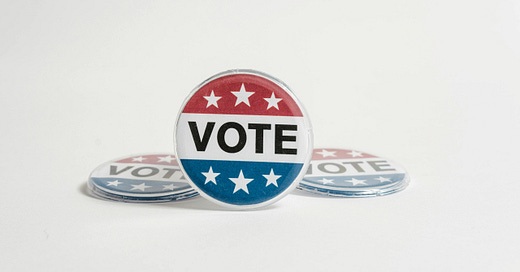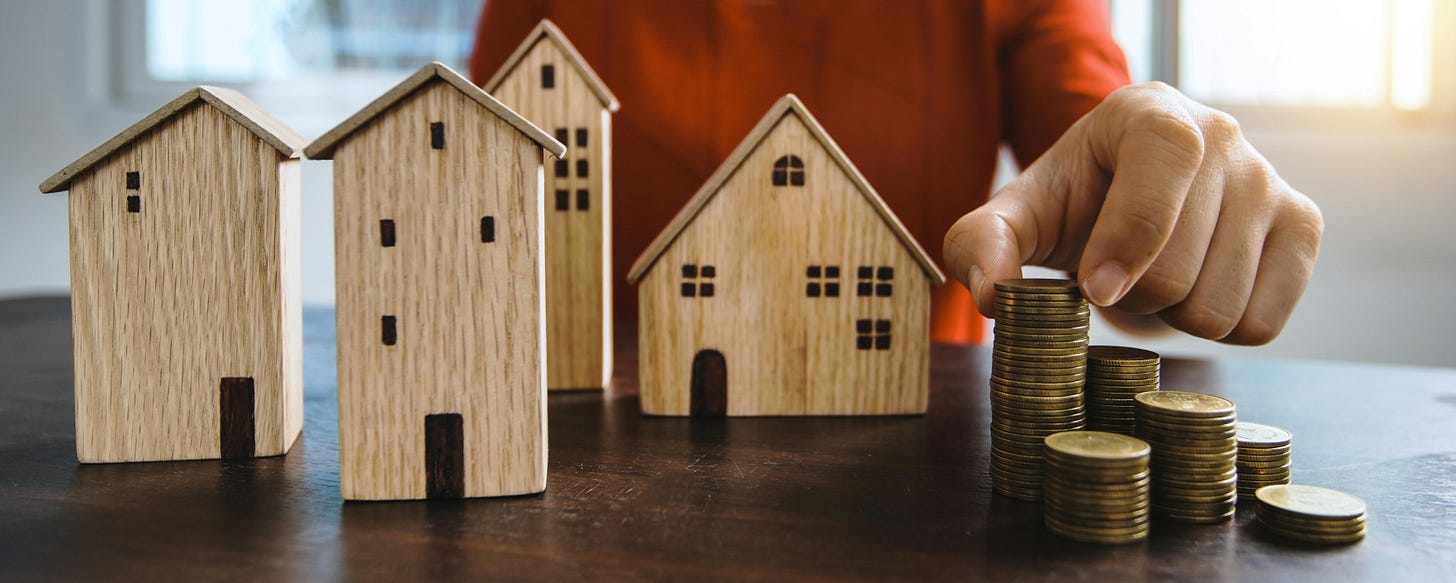6 Urban Takeaways from the Election
New mayors, new funding for housing and transit, and why cities are trending Republican
Even cities voted more Republican this year
One of the most shocking aspects of the 2024 election is just how many more people voted Republican this year than in 2020 — not just in rural areas, but in cities. In Philadelphia, where I live, about 35,000 fewer people voted this year than in 2020 (worth noting: the city lost 53,000 people between 2020 and 2023). And yet, even with a smaller base of voters, 8,000 more Philadelphians voted for Trump in 2024 than in 2020. As a result, Harris got about 78.5 percent of the vote — the lowest percentage to vote for a Democratic presidential candidate that I could find, and at least 3 percent lower than turnout for both Joe Biden and Hillary Clinton. The traditional urban Democratic base in older cities like Philadelphia is starting to fray, with middle class residents moving to the suburbs, union membership at national lows of 10 percent, and identity politics no longer offering easy alignment. Most cities are monopolized by the Democratic party — but could that start to change? Will we see more viable Republican contenders in local elections in the coming years?
San Francisco is likely getting a new mayor and pedestrianizing a highway
Although the votes are still trickling in, it looks very likely that San Francisco is getting a new mayor and that voters have approved Proposition K, which will pedestrianize part of the Upper Great Highway in San Francisco. The likely new mayor, Dan Lurie, a wealthy descendant of Levi Strauss who also founded a nonprofit organization dedicated to Bay Area low-income families, ran a campaign focused on reducing disorder, building housing, and addressing the city’s bureaucracy. Although Prop K has been bitterly divisive — and I’ve gotten feedback from New Urban Order subscribers that they don’t think it’s a good idea— both these moves signal an appetite for change. I’m eager to watch San Francisco in 2025. (Hint: watch out for a subscriber event there next year.)
New money for affordable housing
On ballots across the country, voters approved an array of funds for affordable housing. Perhaps the biggest was in Los Angeles, where voters approved Measure A, a doubling of a local sales tax to raise an estimated $1 billion annually for homelessness prevention, housing, and mental health services. In Rhode Island and North Carolina, bond measures will ensure $120 million and $135 million, respectively, in affordable housing development. Finally, new dollars will be allocated to addressing affordable housing in two cities: Baltimore voters approved a $20 million bond, and in New Orleans, voters approved a Housing Trust Fund, which will allocate 2 percent of the city’s General Fund (or about $15 million) to affordable housing.
Below the paywall, three more takeaways. Remember, when you’re not an upgraded subscriber, you’re missing out on a lot of the content every week!







